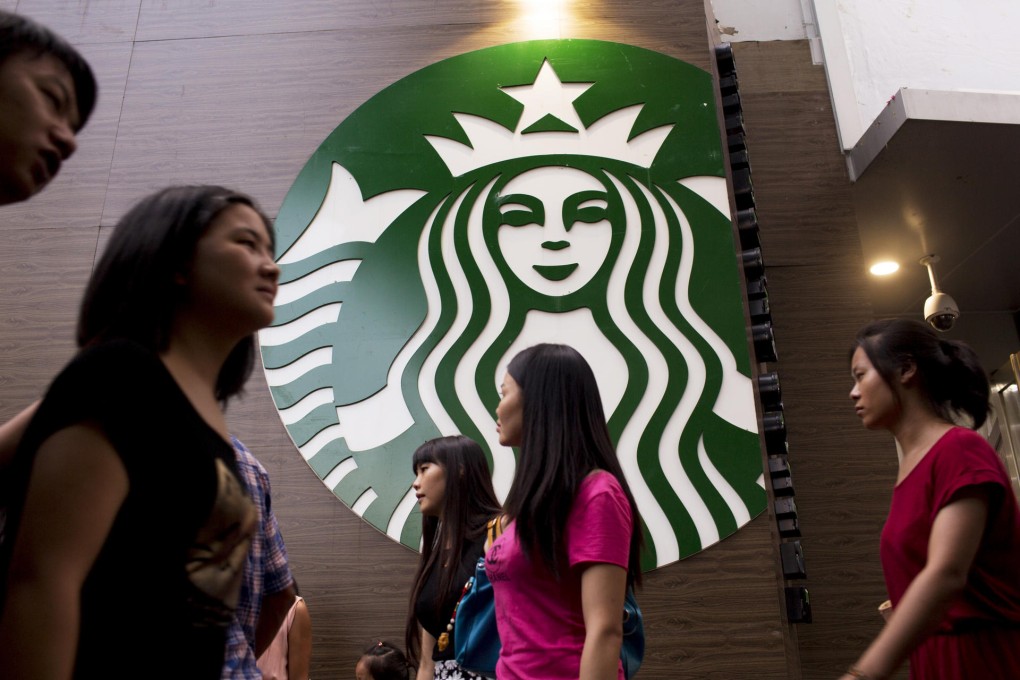Swiss coffee machine maker is Starbucks' 'secret weapon'
US chain's 'secret weapon' is the automatic models made by Swiss firm Thermoplan as it intensifies its charge on China and Asia-Pacific

As Starbucks Corp intensifies its charge on China, one of its little-known weapons is a family-owned company in a sleepy Swiss village.
Thermoplan, based among cow pastures in Weggis, a town of 4,400 inhabitants near Lucerne, makes the automatic machines for espressos and cappuccinos in each of Starbucks' almost 21,000 shops around the world.
"Fully automatic machines are something very German and Swiss," said chief executive Adrian Steiner, an electrical engineer who has worked for Thermoplan for 17 years.
"It's a product that matches the technology of those countries. It's like the watch industry, where you have everything from education to the people, the quality, value, to reliability."
With 230 employees, Thermoplan, which exports 98 per cent of its wares, is emblematic of Switzerland's globally oriented small and medium-sized enterprises that bank on craftsmanship to drive their business.
A free-trade accord between Switzerland and China and the rising popularity of creamy coffee drinks in the Asian giant, with China set to become Starbucks' biggest market outside the United States, have given Steiner cause for optimism.